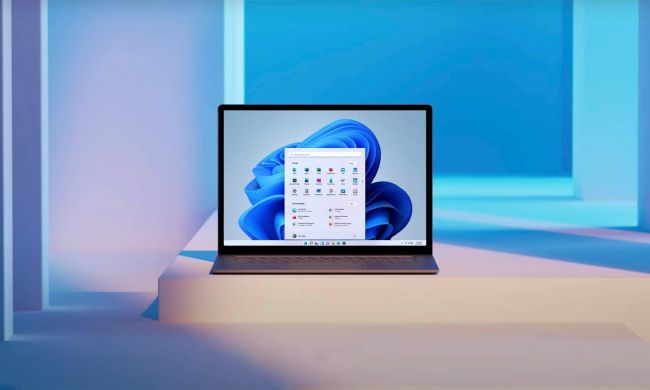As protests over police brutality and racism roil the country, Black Girls Code founder Kimberly Bryant called for tech CEOs to do more in creating change that will address the systemic inequities embedded in the industry.
“We have to challenge these CEOs to step up to the plate, examine what they’ve done to date to create real change, not just in their companies but in the world,” Bryant told Digital Trends Live. “There is so much potential to create change with the resources that they have, and if we can get someone to go to the moon in SpaceX, I think we can solve the diversity issue, I really do.”
Black Girls Code is a nonprofit organization that is focused on providing technology education to young women of color, with the mission of addressing the lack of diversity in the industry and making sure that girls from underrepresented communities “have a seat at the table,” Bryant said.
Bryant said that unrest happening in the U.S. is not surprising for those who have been encouraging diversity and inclusion in the tech industry for years. She believes that people are responding to the systemic inequities embedded in organizations, including those in the tech world.
“I think that places even more of a spotlight on an industry such as technology … where there is such a lack of diversity in terms of who’s getting funded, who’s in the pipeline, who is creating the technology,”
Bryant, however, wants tech CEOs not just to make a statement, but to do something truly actionable to take the first step in creating systemic change — even if it may hurt them in the short term.
“Really examine: What have they done to create the unrest we see around us?” she said.
In the Digital Trends Live interview, Bryant urged young women who are aspiring to work in the tech industry to feed their passion and invest in learning, as her organization seeks to help create pathways for them. Bryant also requested parents to support the goals of their children, giving herself as an example as she explored opportunities for her daughter when she started showing interest in game development.
Starting April, due to the COVID-19 pandemic, Black Girls Code went virtual with online workshops and career panels that reach out to 1,000 students per week. Bryant called for software developers who may want to help create these workshops, and for donors who may be generous enough to provide resources to fund the shift to virtual platforms and the organization’s rapid growth.
Bryant also recommended young women to tap into organizations such as Black Girls Code in order to find communities made up of individuals with similar backgrounds, which will help them not only survive but also thrive in the industry.


